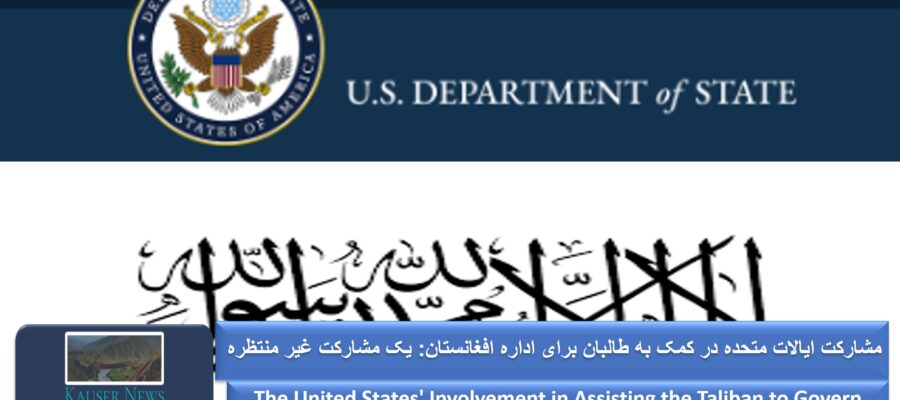In the wake of the Taliban’s rapid takeover of Afghanistan in August 2021, the international community has been grappling with the implications of this dramatic shift in power. Among the most unexpected developments has been the United States’ nuanced and pragmatic approach to engaging with the Taliban-led government. Despite decades of conflict, the U.S. has found itself in a position where cooperating with the Taliban is deemed necessary to maintain regional stability, provide humanitarian aid, and address broader security concerns.
The U.S. withdrawal from Afghanistan, culminating in the Taliban’s seizure of Kabul, marked the end of a 20-year military presence. This exit was fraught with chaos and humanitarian crises, prompting immediate global concern over the future of Afghanistan under Taliban rule. Initially, the U.S. and its allies were reluctant to recognize the Taliban as the legitimate government, given its history of human rights abuses and support for terrorism.
However, the reality on the ground necessitated a reevaluation of this stance. Afghanistan faced a dire economic and humanitarian situation, with millions at risk of starvation and the collapse of essential services. The need for stability and humanitarian assistance became a priority, leading to a reluctant but pragmatic engagement with the Taliban.
The U.S. has played a crucial role in coordinating international humanitarian efforts in Afghanistan. Recognizing that disengagement could exacerbate the suffering of ordinary Afghans, the Biden administration has facilitated aid delivery while attempting to circumvent the Taliban to ensure that assistance reaches those in need without empowering the regime. This delicate balancing act involves working with international organizations like the United Nations and non-governmental organizations (NGOs) to provide food, medical supplies, and financial aid directly to the Afghan people.
In December 2021, the U.S. Treasury issued licenses allowing NGOs and international institutions to engage in transactions with the Taliban necessary for the delivery of humanitarian assistance. This move aimed to stabilize the Afghan economy by preventing a total financial collapse that could have dire regional and global consequences.
Another critical aspect of U.S. engagement with the Taliban revolves around counterterrorism. Despite their ascension to power, the Taliban continue to face threats from extremist groups like ISIS-K, which poses a significant risk to regional security. The U.S. has sought to establish a working relationship with the Taliban to ensure that Afghanistan does not become a haven for international terrorists as it was during the 1990s.
This cooperation, while limited and fraught with mutual distrust, is seen as essential for maintaining regional security. The Taliban, seeking legitimacy and aid, have shown some willingness to engage with the U.S. on counterterrorism, albeit inconsistently.
The U.S. has also been involved in broader diplomatic efforts to stabilize Afghanistan. These efforts include working with regional powers such as Pakistan, China, and Russia, all of whom have significant interests in Afghanistan’s stability. Multilateral engagements aim to create a framework where the Taliban can be integrated into the international system, contingent upon their adherence to certain human rights standards and counterterrorism commitments.
Despite these efforts, the U.S. has been clear about its reservations. Official recognition of the Taliban government is contingent upon their actions, particularly regarding the treatment of women and minorities, and their commitment to preventing Afghanistan from becoming a terrorist safe haven.
The U.S. approach to dealing with the Taliban has faced significant criticism. Some argue that any form of engagement legitimizes a regime with a notorious human rights record. There are also concerns about the effectiveness of aid distribution and whether it can truly bypass Taliban control. Additionally, the Taliban’s inconsistent cooperation on counterterrorism and their reluctance to form an inclusive government have cast doubt on the viability of a stable and peaceful Afghanistan.
The U.S. involvement in helping the Taliban govern Afghanistan is a testament to the complexities of international relations in a post-conflict setting. While driven by pragmatism and necessity, this engagement underscores the challenges of balancing humanitarian needs, security concerns, and ethical considerations. As Afghanistan navigates its uncertain future, the U.S. and the international community will continue to play a pivotal role in shaping the country’s trajectory, for better or worse.





